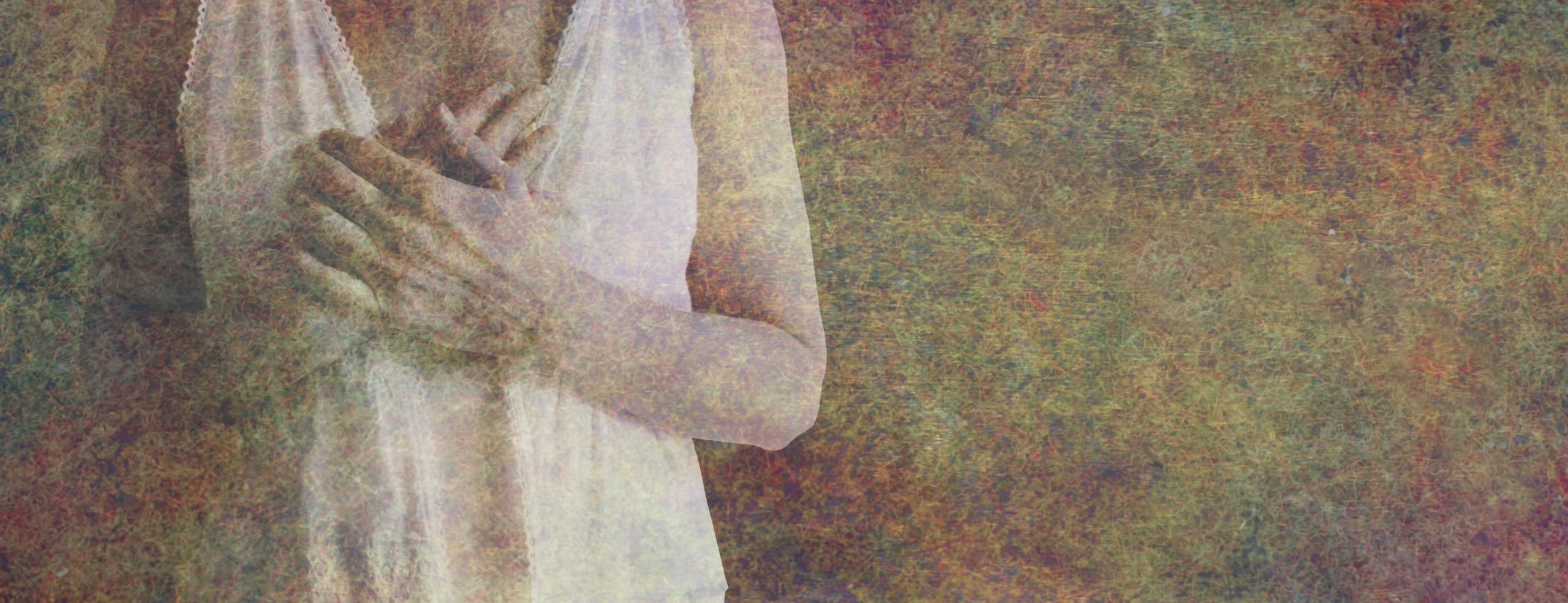I love this story so much, that Lynne Twist brought to us thanks to her encounter with Mother Teresa. It’s about inconditionnal love and compassion.
Lynne Twist: “It was in May 1991, I was in Delhi to meet with representatives from the World Bank about our hunger initiative when my friend contacted me early one morning to tell me that Mother Teresa could see me that evening. I had been waiting for this meeting for so long. So I made my way to the meeting place, when I discovered a newborn wrapped in newspaper outside the door of the Association. I knocked, and was warmly welcomed inside. But as Mother Teresa had not yet arrived, the nurses gave me a white coat and asked me to help out while waiting. And suddenly, Mother Teresa arrived. I was very moved. We sat on small wooden chairs around a small wooden table, and Mother Teresa began to speak.
She described herself modestly as “God’s pencil” and told me that she could see in my eyes and through my work that I too was “God’s pencil”. This recognition deeply touched me. In her presence, I felt an unconditional love and a connection to the whole world so deep that I couldn’t hold back my tears and spoke to her through them.
We were deeply engaged in this intimate conversation when we were interrupted by a loud noise and loud voices coming from the far end of the corridor.
At first, I felt them, then I heard them: a middle-aged Indian couple, both very tall, very perfumed and clearly very wealthy. The woman came first, ahead of her husband, aggressively approaching our small meeting table. She had diamonds in her ears and one in her nose. Her arms were covered in sumptuous bracelets, jeweled with precious stones. She was heavily made up and wore a blue and white sari covered in opulent brocade and gold and silver embroidery. She was very overweight and her flesh showed through the open midsection of her stretched sari.
Her husband was taller, wider and flashier than she was. He wore a turban with a topaz in the center, just above his forehead. He had a ring on every finger of both hands. In the quiet of that corridor, they seemed like monsters as they burst into our tranquil and intimate scene.
Without greeting either Mother Teresa or myself, the tall and loud woman placed a camera in my hand as she and her husband pulled Mother Teresa from her chair and placed her against the wall between them. Then they pushed her like grotesque, giant bookends and demanded a photo.
“We still don’t have a photo with her. We need a photo,” the woman complained loudly, signaling me to take a photo with her camera. I was furious. The beauty of my moment with Mother Teresa was shattered by the rage I now felt towards these rude and opulent intruders. As I took the photo, the tall woman demanded that Mother Teresa look up at her for a second photo. Mother Teresa was leaning forward due to her age and osteoporosis, but without hesitation, the woman put her hand under her chin and forced her to straighten up. Shocked that someone would treat Mother Teresa this way, but wanting them to disappear, I took the second photo. The woman then snatched her camera from me, and she and her husband, without even saying “thank you” to Mother Teresa or me, disappeared in a noisy commotion down the hallway and left.
Mother Teresa returned to her chair near the table and continued as if nothing had happened, finishing her thoughts on the subject of our previous conversation. But I could barely hear her. I was so angry and outraged at this couple. I felt the blood flowing through my veins, my hands were sweaty. It was time to end our meeting. In tears, I said goodbye. She kissed my hands, and I kissed hers, we hugged, and we parted.
I walked out through the children’s room to the waiting car, and settled into the back seat for the forty-five minute drive home. I was sweating and breathing heavily, letting the horrible scene of insult that had just happened pass over and over in my mind’s eye. I remembered the moment when the tall woman forced Mother Teresa to lift her chin, and I felt angry again. I had terrible thoughts about the intruders, and I felt a boiling anger against these odious and arrogant rich people. My body was tense, and hate flowed through me.
On the way back to my hotel, fifteen or twenty minutes later, I became a little calmer. I realized with some shame how I had reduced myself to hatred and prejudice in the presence of one of the most inspiring spiritual beings on the planet. I thought back and realized that Mother Teresa had no problem with the wealthy couple. To her, they were children of God, no more and no less than the orphans she cared for, and she treated them with love and respect, then calmly returned to her meeting with me.
I had always considered myself to be someone who was open and compassionate with everyone, but now I saw my own sectarianism and where my compassion ended. I saw my own ugly prejudices, a prejudice against the rich and powerful. They were not my people. They were people I could not embrace and include in my circle of love. They were rude. They were ugly. They were shameful. I could also see now that this chance encounter with the wealthy couple, behaving as they did, allowed me for the first time to confront and know my own prejudices. I could never have imagined the power this lesson would have in my life.
That evening, I sat down and wrote a letter to Mother Teresa, asking for advice. A few weeks later, a response came to me.
In her response, Mother Teresa scolded me, saying that it was easy to feel compassion for the poor, the sick, and the weak. That would always be a place where I could easily go and serve. The vicious cycle of poverty, she said, has been clearly articulated and is widely known. What is less obvious and almost completely unrecognized is the vicious cycle of wealth. There is no recognition of the trap of wealth and the suffering of the rich: the loneliness, isolation, hardening of the heart, hunger, and poverty of the soul that can come with the burden of wealth. She told me that I had little or no compassion for the strong, the powerful, and the rich, yet they needed as much compassion as anyone on earth.
“You must open your heart to them and become their student and teacher,” she said in her letter. “Open your compassion and include them. It’s an important part of your life’s work. Don’t exclude them. They too are part of your work.”



